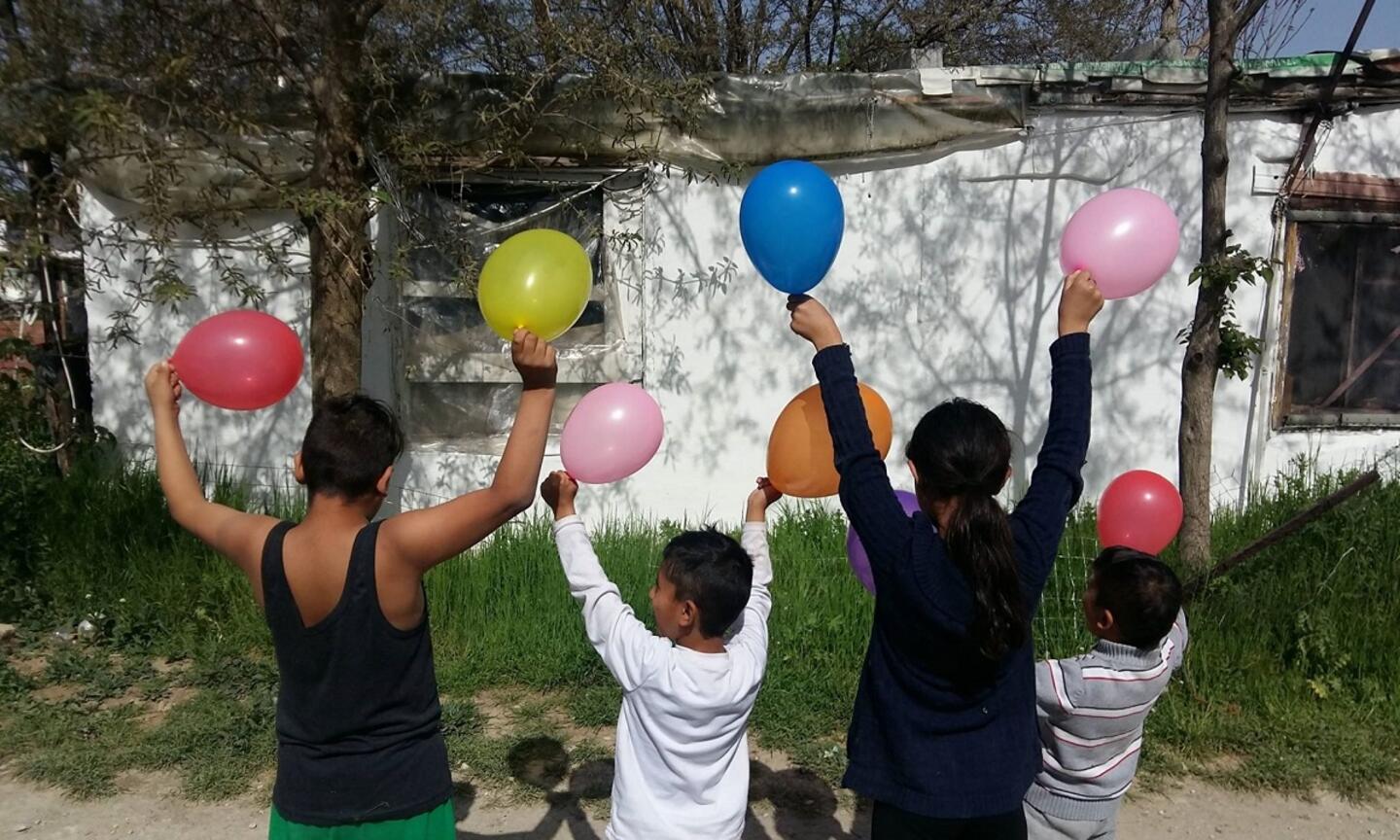Key information about the programmes
- The programme is operated by: Ministry of Labour and Social Affairs - Executive Authority (“Special Service - Executive Structure NSRF”), Division of Employment and Social Economy (Ministry of Labour)
- The International Partner Organisation in this programme is: the European Union Agency for Fundamental Rights (FRA)
- The programmes’ objective is: Enhanced inclusion and empowerment of Roma
- The programme funding for the Roma Inclusion and Empowerment programme amounts to € 5,5 million (excluding co-financing), and the programme is funded by the EEA Grants.
Why is the programme needed?
It is estimated that there are approximately 265,000 Roma living in Greece (which is 2.47% of the population). The greatest concentrations of Roma settlements are usually found in extended urban or rural areas which provide the most employment opportunities (ex. Eastern Macedonia-Thrace, Western Greece and Central Macedonia). Roma are disproportionally disadvantaged, especially in the areas of education, employment, health, and housing. Unfortunately, 50% of the population is living in makeshift accommodation with a lack of basic amenities, which represents a great obstacle for social integration.
The respect of the fundamental rights of Roma and their social inclusion is an important European and national issue. The Greek government responded to the requirements of the European Union Framework by developing a National Roma Strategy focusing on eliminating degraded settlements with substandard living conditions, provision of enhanced opportunities and social inclusion support to young Roma and families, and empowerment of Roma to participate in civil society organisations.
The Programme will seek to support the implementation of the Greek National Strategy.
What will the programmes achieve and who are the beneficiaries?
The Programme will contribute to the implementation of measures and actions addressing the housing challenges of the Roma community of Pelekas in Katerini, Greece. The support from the programme will be focused in three main components.
The first component (pre-defined project no.1) aims to establish a Task Force Unit which will act as the main tool for boosting, monitoring and implementing the national Roma Integration strategy and related policies and measures at regional and local level.
The second component (pre-defined project No.2) will support a set of Roma inclusion measures with emphasis on the development of a housing complex based on the national legislation enacted in 2017 (Article 159 of Law 4483/2017), of social housing in the municipality of Katerini. It is part of a larger, complex development initiative, financed from multiple (national and EU- European Social Fund [ESF]) sources. The various components shall complement each other, and all contribute to the inclusion and empowerment of the Roma community in Katerini, through a combination of integrated housing, educational, health and employment measures.
The third component consists of three small grant initiatives. Small grant schemes 1, “Women and Youth Empowerment”, aims to empower women to express everyday life experiences and give them the opportunity to receive counselling on issues of gender equality and social inclusion. At the same time, these groups will be encouraged to explore and highlight women's skills, vocational guidance, training in skills useful for finding a job, information on adult education structures and training programs.
Small grant scheme 2, “Promotion and support of Roma children in summer camps and community activities”, aims to support Roma children in summer camps in order to contribute decisively to lifting negative stereotypes, shaping positive patterns and empowering Roma children through the experiential game, group sports, recreational activity and in general cohabitation, participation and self-organization.
Small grants scheme 3, “Small Scale interventions”, includes detailed, tailor-made plans of the activities foreseen by a Roma Branch in a particular locality aimed at achieving better cooperation of different stakeholders and, in particular, at improving the capacity of all key actors, e.g. local administrations, local NGOs and residents, including Roma, to be equal partners of in planning, implementing and monitoring local integration actions.
How will the programmes strengthen bilateral relations?
In order for the programme to fulfil the overall ambitions of the EEA Grants to strengthening bilateral relations between the 3 Donor States and the 15 Beneficiary States, the Programme intends to facilitate exchange and interaction between relevant actors in Greece and Donor states on issues of mutual interest ranging from projects addressing children, youth and women’s issues as well as other programme activities
Availability of funding through open calls
In addition to the two pre-defined projects, the Roma Inclusion programme will launch two open calls for small grant scheme tentatively planned in the second half of 2022 and one small grants scheme planned for early 2023.
Download the full programme agreement for more detailed information about the programme.
